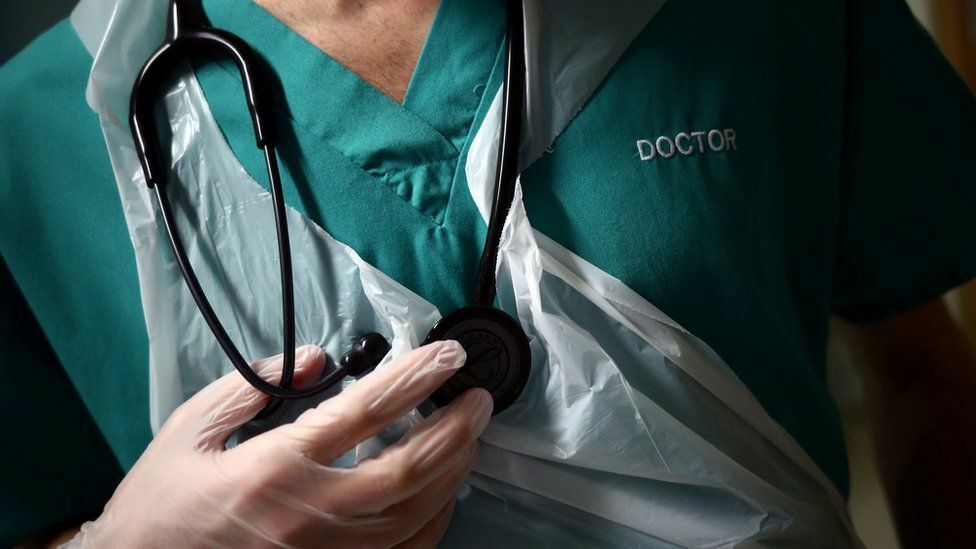NHS struggles with junior doctor strike amid heatwave pressures

NHS England is facing significant challenges as the hot weather and the latest junior doctors’ strike put pressure on the health service. The British Medical Association’s 72-hour walkout began on Wednesday, and it is anticipated that much routine care will be cancelled. The heat is also causing extra demands on accident and emergency units, prompting health bosses to urge people to use services sensibly. Junior doctors make up nearly half the medical workforce, and their absence will force the NHS to prioritise emergency and life-saving care.
“The NHS is facing significant disruption this week, with a three-day strike that is set to be exacerbated by the ongoing hot weather,” said NHS England medical director Prof Stephen Powis. “Emergency, urgent and critical care will be prioritised this week but some patients will unfortunately have had their appointments postponed – if you haven’t been contacted to reschedule, please do continue to attend your planned appointment.”
The hot weather is already causing high demand for urgent services, with people being advised to avoid the sun at the hottest time of day and drink plenty of fluids. The heat can also lead to an increase in heart failure, kidney problems, respiratory issues, and sprains and fractures.
Consultants are being drafted in to provide cover during the strike, but the amount could be lower than during previous junior doctors’ strikes in March and April. Rory Deighton, of the NHS Confederation, which represents health bosses, said a particular challenge this time was “securing the level of consultant cover” due to the amount consultants were asking for overtime payments. This creates uncertainty over how many appointments will need to be postponed.
The hospital waiting list has now hit a record 7.4 million people. “Each wave of strikes chips away at the NHS’s resilience, impacting on staff, internal relationships and their ability to deliver on government pledges to reduce the elective backlog,” Deighton said.
Dr Tom Corkery-Bennett, a junior doctor in his second year after medical school, said that the pay situation was a major factor in the staffing shortages and was “grossly unfair”. “The resilience in the system is so low – staffing levels are skeletal,” he said. “There is very often situations where doctors call in sick for a nightshift and there’s no cover available.”
Junior doctors are seeking a 35% pay increase to make up for 15 years of below-inflation rises. Last month, the government offered an extra 5%, which Health Secretary Steve Barclay called “fair and reasonable”. However, BMA junior doctor leader Dr Vivek Trivedi said the offer “beggars belief” given inflation had reached double digits this year.
“We have made clear that junior doctors are looking for the full restoration of our pay,” Dr Trivedi said. “The NHS can only function with a workforce that is properly valued.”
This walkout affects services in England only, but junior doctors in Scotland have also announced they will be going on strike after a vote by BMA members. A strike ballot for consultants in England is being held, and Royal College of Nursing members are voting on whether to continue their industrial action after rejecting the government’s offer of 5% plus a one-off payment of at least £1,655.
Latest Thailand News
Follow The Thaiger on Google News:


























